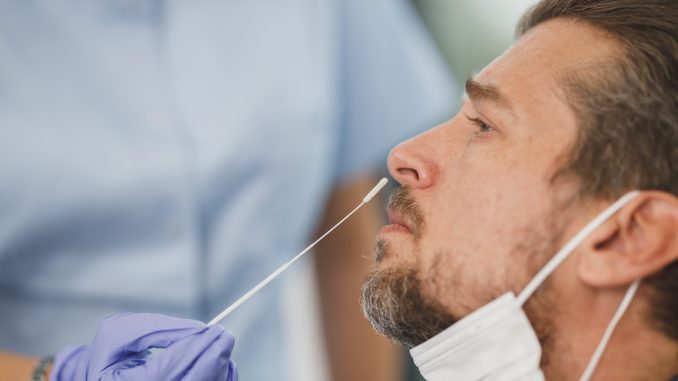
Published in El Pais, 20 March 2021.
A year ago the world began with measures to prevent the spread of COVID-19 in the world. Many people have protested against the implementation of measures as many companies and countries have been tremendously affected. On the other hand, if we look back and we would have been living in countries like Brazil, it would have been worse. Brazil decided not to take any action, with one of the highest number of deaths in the world per 100,000 inhabitants. A total of 288 thousand deaths and almost 12 million infections indicates that a person had 3 times the chances of dying in Brazil in 2020 than living in another part of the world (according to the BBC). One year after the start of COVID-19, statistics show that among those killed by COVID-19, on average, the majority are in the group over 60 years of age, twice as many men as women died, and are in socioeconomic conditions of greater poverty and / or exposed to informal work. How much would these numbers have increased if nothing was done?
Yes, there were young people among the dead and there were also more male than female deaths. This means that they already had previous conditions and it is because men are more prone to alcohol consumption (it weakens the kidneys and causes obesity), consumption of food in greater quantity and junk food (obesity, high blood pressure and diabetes), tobacco consumption (social habits that weaken the lungs), unsafe jobs and exposure to dust (mines, factories, pollution, etc. that affects the lungs and heart), stress (social, personal, and work conditions). In addition, there are more men exposed to traffic accidents (more male drivers) or murder (weapons or violence). What does this mean? For many families, the man was the only one with a formal job, or the one who earned the best. All this also reveals that despite the fact that many women work, many receive a lower payment than men and are more vulnerable to having an informal or independent job that does not recognize any short-term (health insurance) or long-term security conditions. (retirement).
I do not want to justify measures that are not based on scientific evidence; You should always have people knowledgeable about the subject to program COVID-19 measures or another according to the context. But now, I want to emphasize my reflection on what would have happened had no action been taken. How many more lives would we have lost? And today that is Father’s Day. How many will not be able to hug their parents because of COVID-19? There is much more we can do so that no more lives are lost because health is not only in health centers or clinics but in our daily lives. Let us become aware and take care of ourselves to live as long as possible with the highest possible quality of health. Much is within our reach with our lifestyle habits.



Be the first to comment